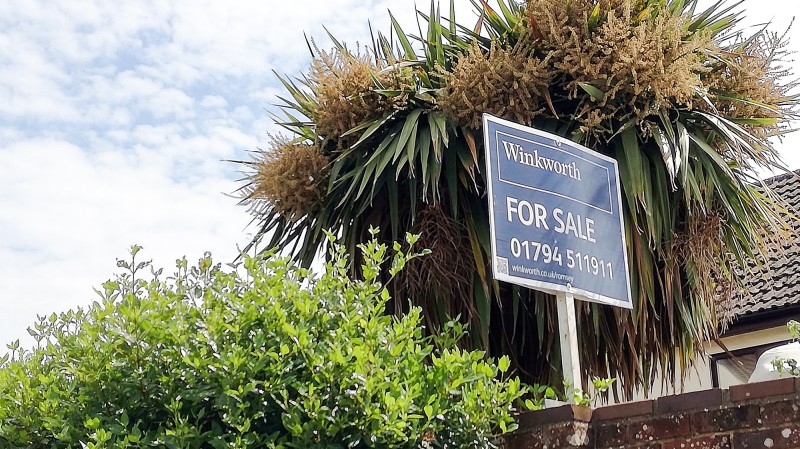You are here: What is a tin mining search/report and why is it important?
This search is required in parts of Cornwall and Devon where tin and other metal ores have been mined for years. If you are buying in the South West, these searches apply to you.
These searches will reveal whether or not your dream home is blighted by current or historic mining activity. Current activity and subsidence can pose a serious risk to you and the value of your property.
It’s not only the value that could be severely reduced if a property is potentially affected by previous or future mining activity, but building insurance premiums as well.
One of the big issues is mundic: a type of concrete in which spoil from old mines was used as aggregate. The chemical content of the waste reacts with the concrete over time and causes it to degrade which means it loses strength and is more likely to collapse. If mine workings are revealed by this search, a mundic survey may also be recommended.
Mining in Cornwall began in the early Bronze Age. In 1870, Cornwall was the premier tin mining field in the world, boasting 2,000 mines. Although by 2007 there were no active mines in the area, this does not mean the story is over. Tin deposits still exist and last year the owners of the South Crofty and United Downs mines started drill testing again.
Cornwall is the most mined county in the UK for metal deposits so to buy here without a search would be foolhardy.

Are they mandatory?
Both the Law Society and the Council of Mortgage Lenders advise that mining searches should be considered in areas where historical activity has taken place.
When are they ordered?
As with any searches, they should be ordered as soon as you appoint your conveyancing solicitor. As a minimum you should order Land Registry and Local Searches, Water and Drainage Searches, and an Environmental Search. Other searches, depending on where the property is in the country include Radon Gas, Mining or China Clay searches.
One of the first things your conveyancer will do is ask you for money ‘on account’ in order to pay for these searches.
Are there different types?
Yes. Unlike coal, there is no single register for tin mines, but a number of companies have compiled extensive records
Some specialist providers will supply stand-alone searches. While others will include other metal mining (metalliferous mining searches) and even china and ball clay within a combined search. Your conveyancing professional will advise which is best.
What do they tell you?
Depending on the report purchased, they will show whether a property sits in an area of historic, current or proposed mining activity, the location and distance to the nearest recorded and suspected mine workings and the presence of any significant geological features.
All the searches will cover two subjects as a minimum:
- Historical mining activity
- Current mining activity
The result will be a compilation and interpretation of the mining information available including workings, shafts and other features from a team of geologists, engineers and/or environmental scientists. It is likely to include a prediction of where further undocumented mine workings might lie and an opinion on the level of risk to the property in question. It will also usually include a plan showing the location of any works.
Many searches will include a professional indemnity insurance which covers all parties involved in the property transaction.
Information covered could include:
- Whether the property is in an area of past, current or proposed mining activity
- Tin, copper, lead, iron and zinc mining
- The location and distance to the nearest recorded and suspected mine workings
- Whether there are mine shafts underneath the property
- Whether these pose a danger to the property or restrict development of the land
- If there is a likelihood of contamination caused by mining
- Plan extract showing the property boundary and any mining features considered a risk to the property
What do they cost?
There is a free MineScanner tool that allows you to enter your postcode. A positive result here would indicate that you should order a more detailed search.
The cost of a full search depends on the type of search and the supplier, but they usually start from £60. In some cases, a combined mining and environmental search can be ordered, which will be cheaper (starting from £30) than having separate searches.
How long do they last?
When acting on a conveyance, your solicitor has to follow The UK Finance Mortgage Lender’s Handbook, it says that searches must be no more than 6 months old on completion.
If you are thinking of buying or selling your home, you may find some of these services useful:
Conveyancing
Get instant estimates from Conveyancers and Solicitors in your local area
Mortgage Brokers
I need help getting a mortgage
Estate Agent
Find a local Estate Agent
Valuation Surveys
If you need a Valuation Survey
Building Surveys
I want a local surveyor to do a Building Survey for me
Removals
I want to find a removal company
Energy Performance Certificate
Energy Performance Certificates